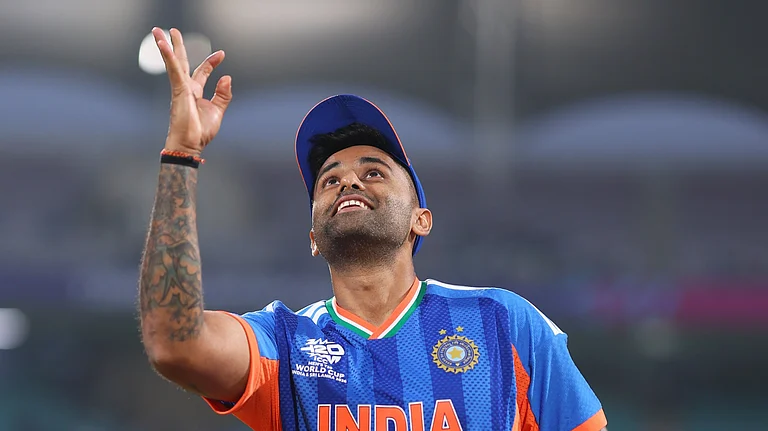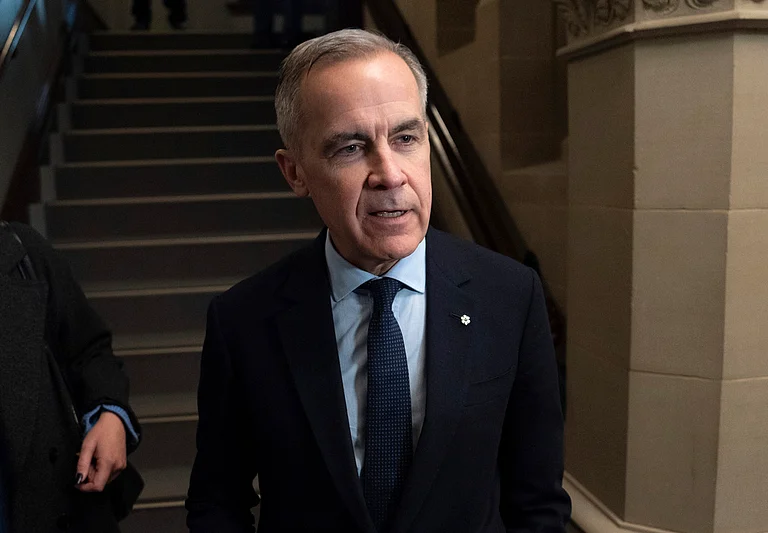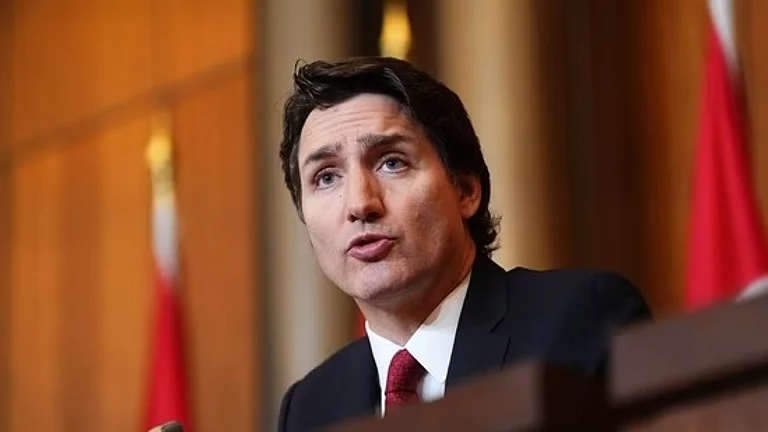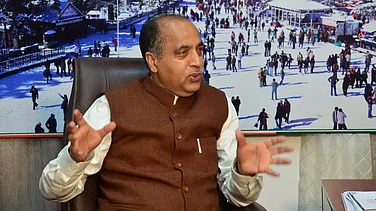India has strongly rejected the accusations made by Canada that India tried to 'interfere' in their federal elections in 2019 and 2021. India also assrted that the core issue has been Ottawa's meddling in New Delhi's internal affairs.
A Canadian Spy agency alleged that both India and Pakistan had tried to "interfere" in Canada's federal elections in the 2019 and 2021 general elections.
What did Canada accuse India of?
An unclassified summary by the Canadian Security Intelligence Service (CSIS) alleging the interference was tabled as part of the Federal Commission of Inquiry examining possible meddling by China, India, Russia and others in the 2019 and 2021 elections.
According to the document, attempts were made by India and Pakistan to interfere in Canada's elections, the Canadian Broadcasting Corporation reported.
According to Canadian media reports, Canada's federal commission of inquiry into foreign interference is looking to examine allegations of meddling by India in the last two general elections.
How did India respond?
External Affairs Ministry Spokesperson Randhir Jaiswal said in New Delhi, earlier in February, "We have seen media reports about the Canadian commission enquiring into ...We strongly reject all such baseless allegations of Indian interference in Canadian elections."
"It is not the government of India's policy to interfere in the democratic processes of other countries. In fact, quite on the reverse, it is Canada which has been interfering in our internal affairs," Jaiswal added.
Details of interference allegations
In 2021, the government of India had "intent to interfere and likely conducted clandestine activities," including using an Indian government proxy agent in Canada, the CSIS alleged in the documents.
Two years earlier, in 2019, "Government of Pakistan officials in Canada attempted to clandestinely influence Canadian federal politics with the aim of furthering the Government of Pakistan's interests in Canada," the report cited the CSIS documents.
The spy agency alleges that in 2021, the Indian government's foreign interference activities "were centred on a small number of electoral districts."
The Indian government targeted those ridings because there was a perception by India that "a portion of Indo-Canadian voters were sympathetic to the Khalistani movement or pro-Pakistan political stances," the CSIS document said.
The CSIS has amassed "a body of intelligence" that indicates a government of India "proxy agent may have attempted to interfere in democratic processes" by providing illegal financial support to pro-Indian candidates, the document said.
"Any such financial contribution could have remained unknown to the candidate," CSIS said, without identifying the specific ridings or candidates that may have been subject to India's alleged meddling in 2021.
CSIS Director David Vigneault told the public inquiry that intelligence is not necessarily fact and it may require further investigation while all documents caution about the summaries being possibly uncorroborated, single-sourced or incomplete, according to the report
The foreign interference public inquiry proceedings, which began last week, have largely been geared toward alleged foreign interference by China. However, Pakistan and India have come up in other documents tabled at the inquiry.
According to the report, a summary of an October 2022 meeting between CSIS and the Office of the Commissioner of Canada Elections — the agency that enforces Canada's federal election laws — said "the two main state actors involved in the last election were China and India."
A public summary of a classified CSIS briefing provided to political parties dated June 2019 also lists India and Pakistan, among other state actors that could engage in meddling in Canada.
The ties between India and Canada came under severe strain following Canadian Prime Minister Justin Trudeau’s allegations last year of a “potential” involvement of Indian agents in the killing of Khalistani separatist Hardeep Singh Nijjar in June 2023.
Days after Trudeau’s allegations, India announced temporarily suspending the issuance of visas to Canadian citizens and asked Ottawa to downsize its diplomatic presence in the country.
India has rejected Trudeau's allegations as "absurd" and "motivated" and accused Canada of giving space to Khalistani extremists targeting India.
India had designated Nijjar as a terrorist in 2020.




















.png?w=200&auto=format%2Ccompress&fit=max)







